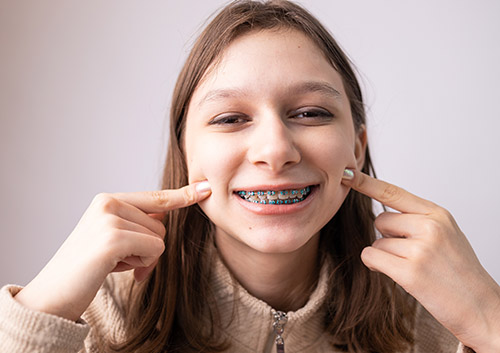Root Canal FAQs
October 17th, 2025

Most people hear the word root canal and panic. With today’s state of the art equipment and improved local anesthetic devices, and some knowledge, a root canal does not have to cause panic. Root canals are a common dental procedure, done quite often at our Michigan Center, MI office.
Why do I need a root canal?
There are several reasons why Dr. Timm may suggest a root canal including:
- An infection in your tooth that has reached the nerves
- A deep cavity that cannot be filled because the pulp and nerves are also effected
- Injury to the tooth
- A deep cracked tooth
- Broken tooth
- Repeated fillings of the effective tooth
What is a root canal?
A root canal is a dental procedure that is used to prevent the loss of a tooth and relieve pain. Inside your teeth is pulp which consists of soft tissue blood, connective tissue, blood vessels, and nerves. When the pulp becomes infected, swollen or diseased a root canal is necessary to save your tooth. During a root canal, Dr. Timm will remove the infected pulp. The tooth’s root canals and pulp chamber of your tooth will be cleaned, so all the diseased pulp is removed and then your tooth will be sealed.
What to Expect During a Root Canal
Your root canal will start out just like any other dental procedure. We will go over any questions you may have, and then numb the area surrounding the tooth. After the area is numb the root canal will begin.
The amount of time it takes to do your root canal varies depending on number of roots that need to be cleaned. Most teeth have one root canal, while others have between two and four. For a single canal, the procedure usually lasts less than an hour. The more canals your tooth has the longer amount of time it will take and in some cases, you will require more than one visit.
How much pain will I have after a root canal?
Once the local anesthesia wears off, your pain can be controlled by over the counter pain medications such as Ibuprofen, Naproxen, or Acetaminophen. In some cases, Dr. Timm may prescribe a prescription dose of pain medication. Within two days you should be feeling much better and able to return to your regular lifestyle.



